Probiotics are microorganisms found in the stomach and fermented foods that are extremely helpful in maintaining a healthy gut. However, there is another aspect of gut health that is rarely talked about: prebiotics. These are equally as important for maintaining a healthy gut. Below, we outline what they are, how important they are, and where to find them in your diet.
We have created a probiotic formulation to support gut health that includes the prebiotic inulin, but let us walk through what is a probiotic and prebiotic and why it is important.
Probiotics
Probiotics “are micro‐organisms or their products with health benefits to the host,” (1). These microorganisms are normally present in the intestines and have many essential functions that include aiding digestion and nutrient absorption, fighting disease-causing bacteria, and contributing to immune function (2). An estimated one hundred trillion microorganisms, including more than five hundred different species, inhabit every healthy bowel and do not generally make us sick. In fact, the very opposite is true, an imbalance in the gut microbiome can contribute to several health conditions, including gastrointestinal issues, infections, and immune dysfunction (3). Probiotics can be found in kefir, plain yogurt, aged cheese, unpasteurized fermented vegetables, miso, microalgae, pickles, raw honey, sauerkraut, kimchi, and kombucha.

Prebiotics
Meanwhile, “a prebiotic is a selectively fermented ingredient that allows specific changes, both in the composition and/or activity in the gastrointestinal microflora that confers benefits upon host well-being and health,” (4). Which means that prebiotics are fibers that feed and maintain the good intestinal bacteria. Prebiotic fiber moves through the gastrointestinal tract untouched, until it reaches the colon where it is fermented by the bacteria (5). The fermentation process produces short-chain fatty acids, which feed and increase the colonies of the beneficial bacteria already present in the gut (5). Prebiotic fibers can be found in oats, bananas, flax seeds, chia seeds, chicory root, asparagus, onions, Jerusalem artichokes, dandelion greens, apple, leeks, and legumes.

How they work together
When there is a balanced amount of probiotics and prebiotics in the body, your digestive health is able to function properly. Probiotics help keep gut bacteria balanced by limiting the growth of bad bacteria and the prebiotics will nurture the good bacteria to grow and proliferate inside the gut to keep benefiting the body. “Combining probiotics and prebiotics in what has been called a synbiotic could beneficially affect the host by improving survival and implantation of live microbial dietary supplements in the gastrointestinal flora, by selectively stimulating the growth or activating the catabolism of one or a limited number of health-promoting bacteria in the intestinal tract, and by improving the gastrointestinal tract's microbial balance,”(6), says one study found in The American Journal of Clinical Nutrition. This study also asserted that, “Combining probiotics with prebiotics could improve the survival of the bacteria crossing the upper part of the gastrointestinal tract, thus enhancing their effects in the large bowel. Moreover, probiotic and prebiotic effects might be additive or even synergistic,” (6). There's a balanced “homeostasis” between the type of bacteria that inhabit our gut, when this balance goes wrong we start to feel symptoms. This homeostasis is beneficial to your overall health.
Probiotics have been linked to vaginal health, a strong immune system, and heart and brain health (7). There are even some early indications that probiotics have a positive effect on weight loss and blood sugar levels. An imbalance of this homeostasis is fairly simple to spot. Those with a gut imbalance will have symptoms like an increased gut sensitivity or changes in bowel habits, like diarrhoea, constipation, and excess gas (8). Supplementation is most likely the easiest way to maintain gut health. A blend of probiotics is recommended since each type of probiotics has a specific health benefit. You don’t have to wait for these unpleasant symptoms to pop up to start including probiotics. Whether you do it through diet or supplement, prebiotics and probiotics can be used by anyone to proactively maintain gut health.
References:
- https://www.ncbi.nlm.nih.gov/pmc/articles/PMC1379087/
- https://academic.oup.com/ajhp/article/67/6/449/5130018
- https://academic.oup.com/jn/article/137/3/830S/4664774
- https://www.mdpi.com/2072-6643/5/4/1417
- https://academic.oup.com/ajcn/article/71/6/1682S/4729644#111382325
- https://link.springer.com/chapter/10.1007/10_2008_097
- https://www.sciencedirect.com/science/article/pii/B9780123749383000104

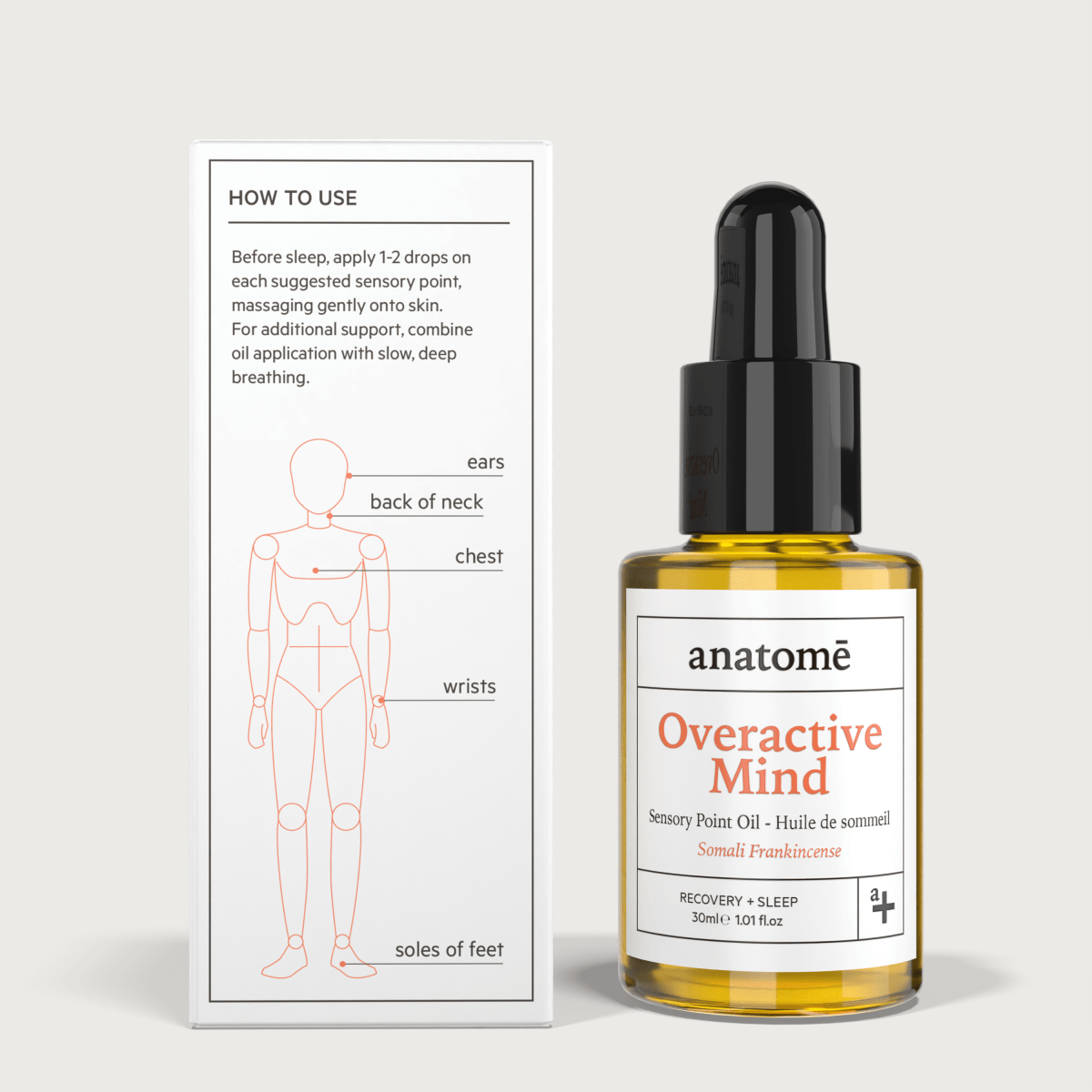



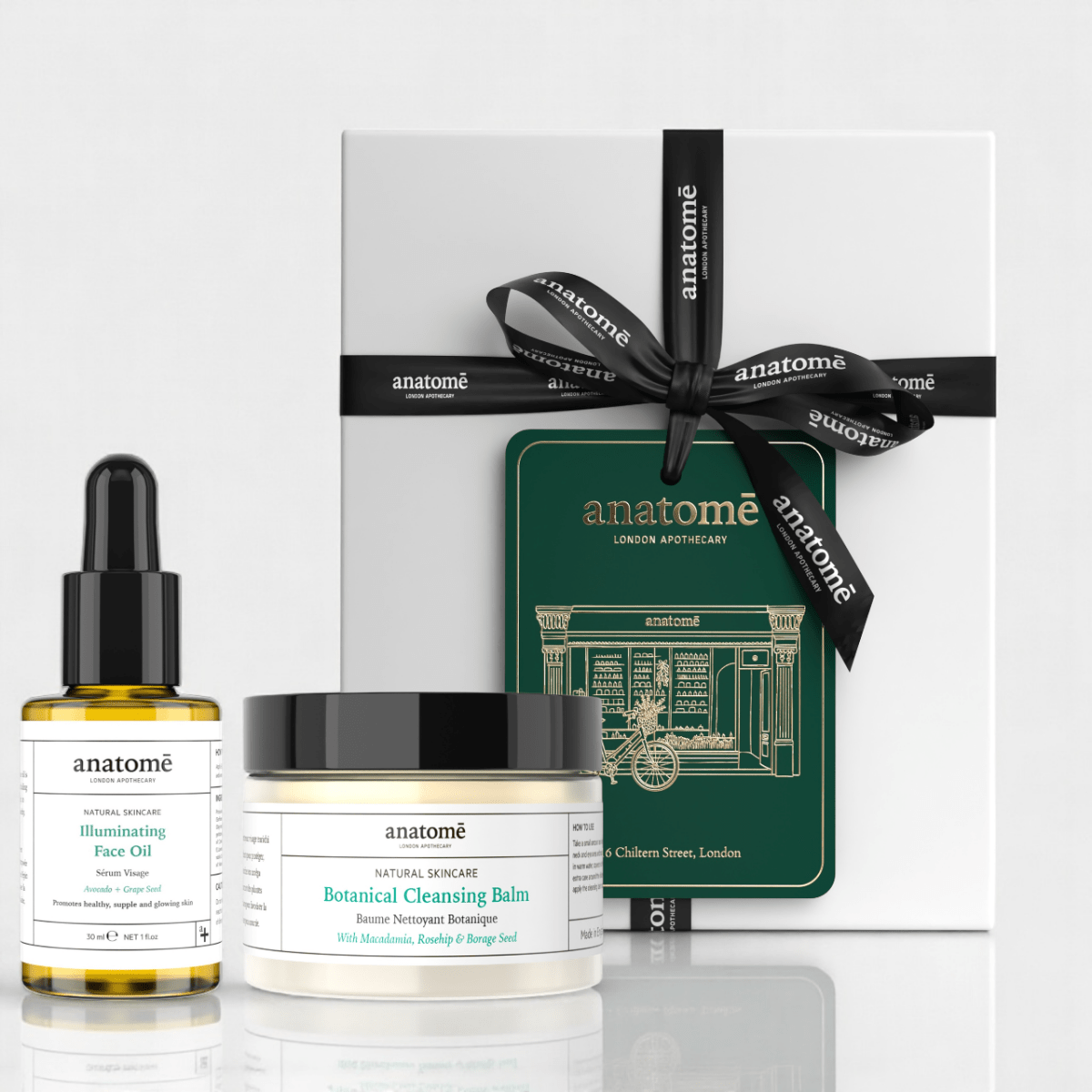
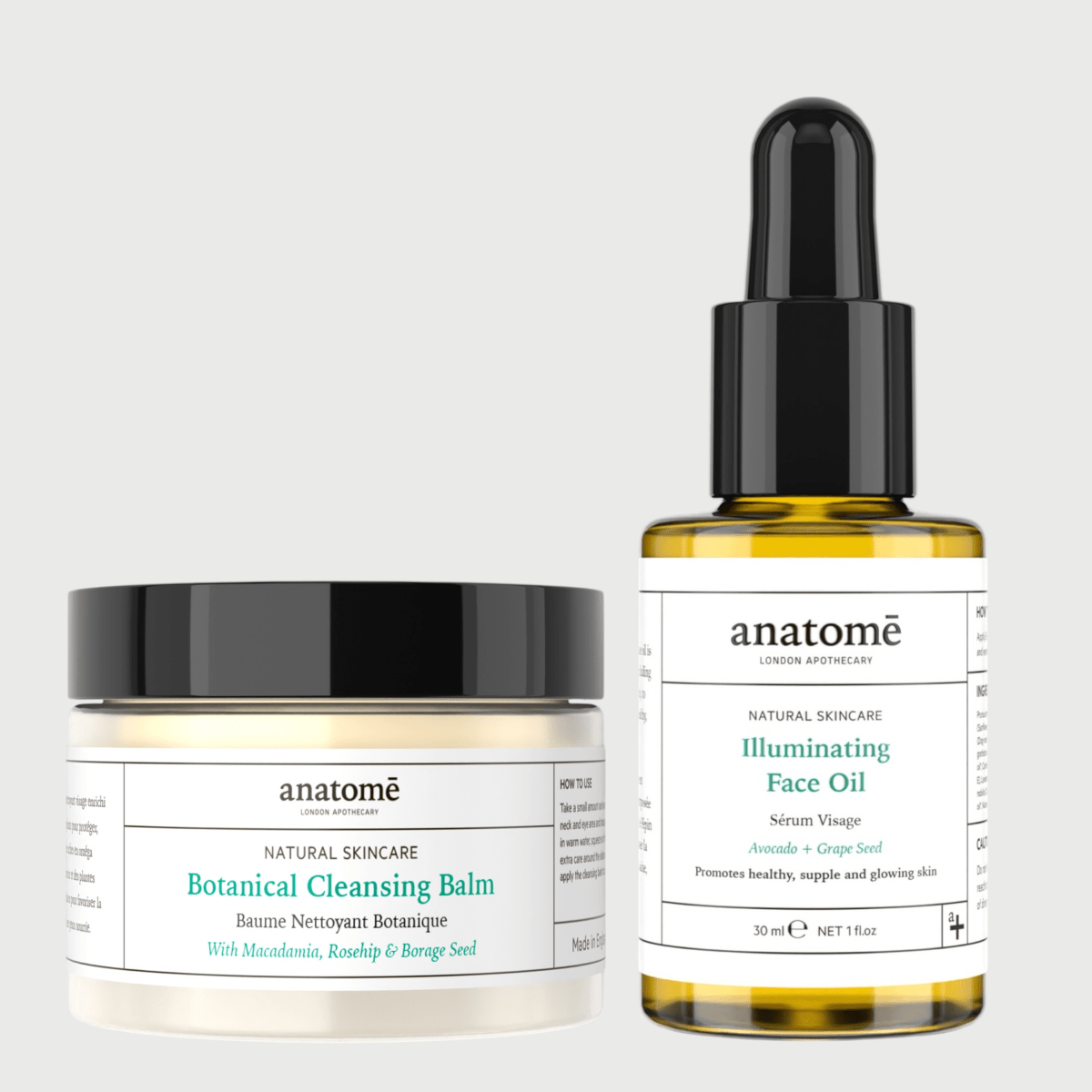
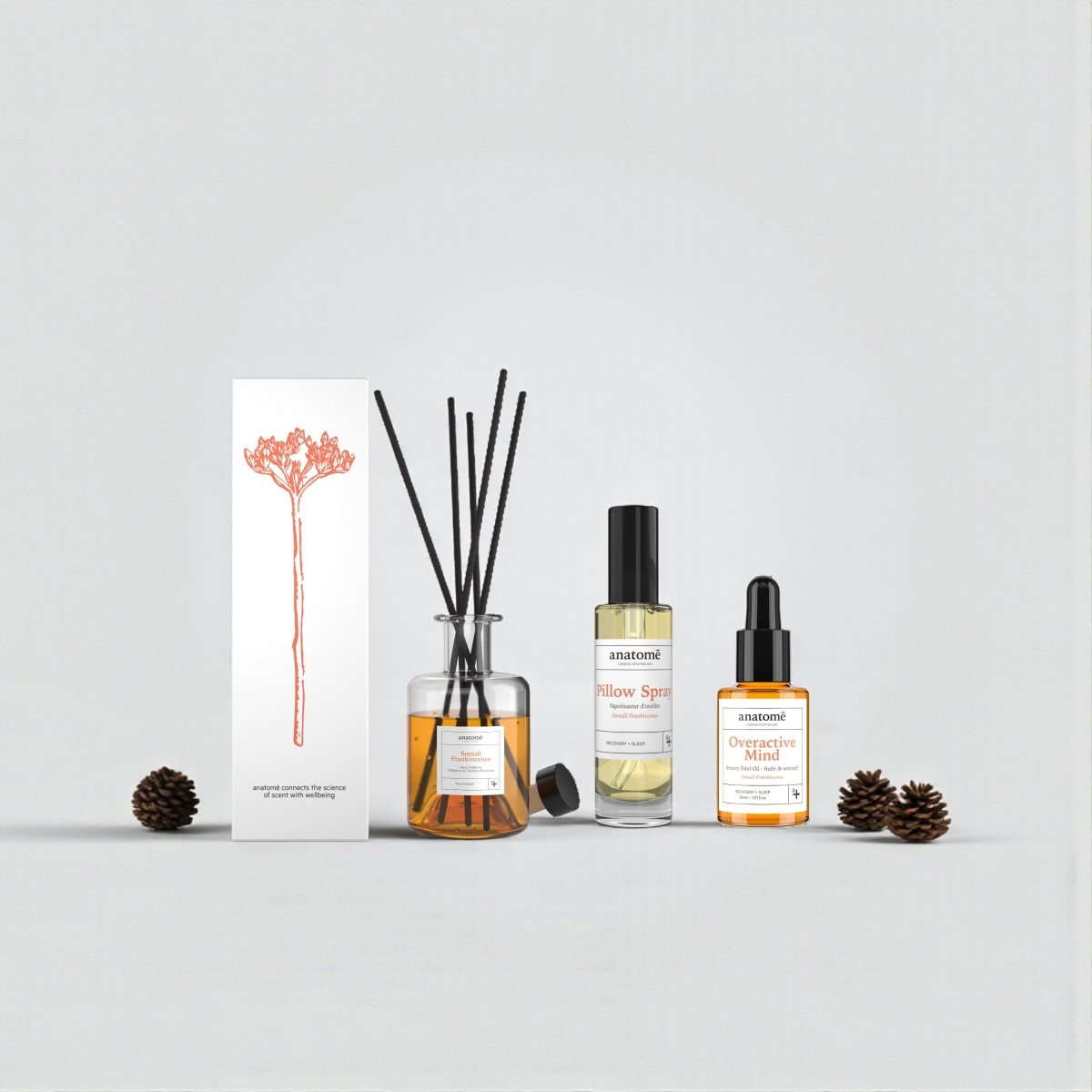

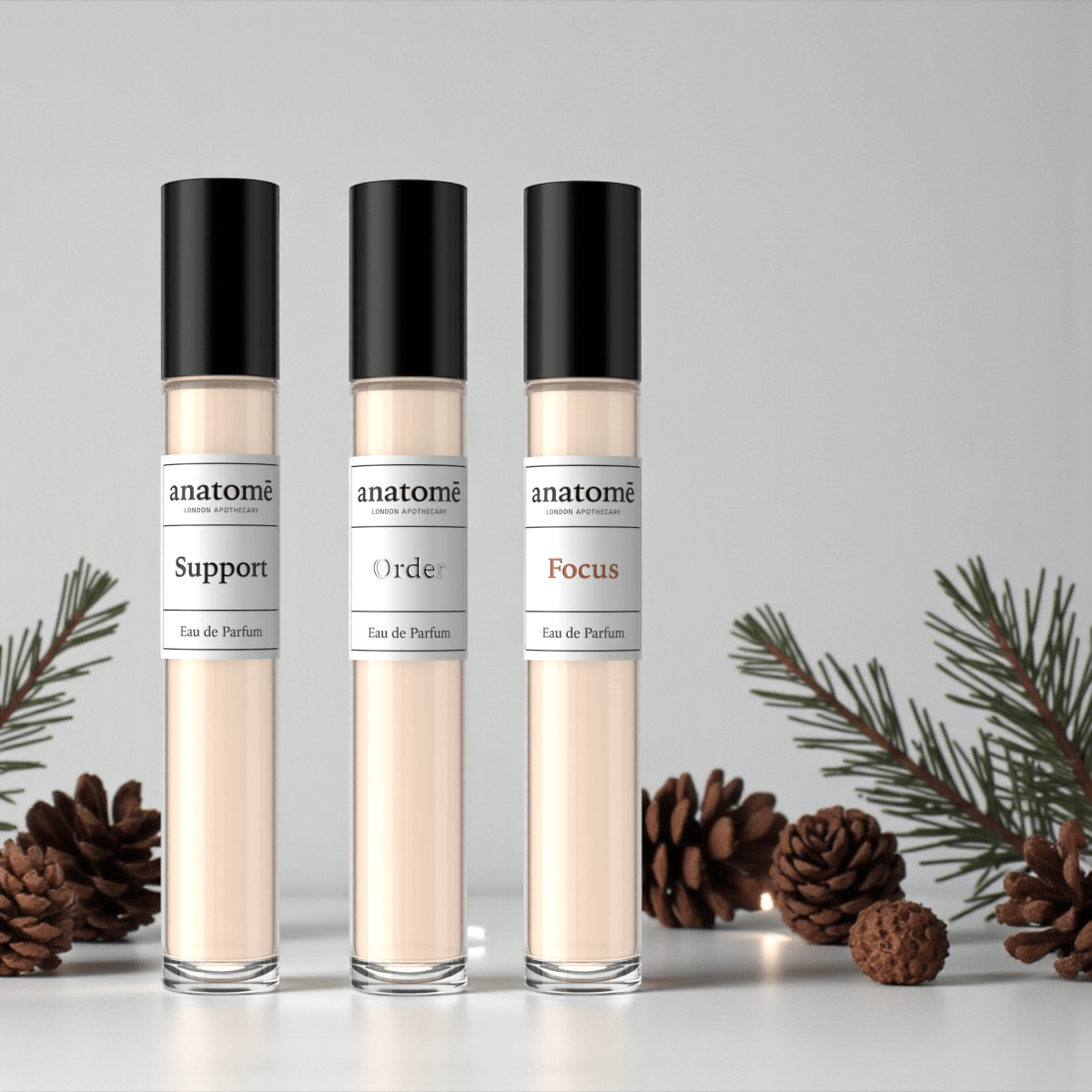


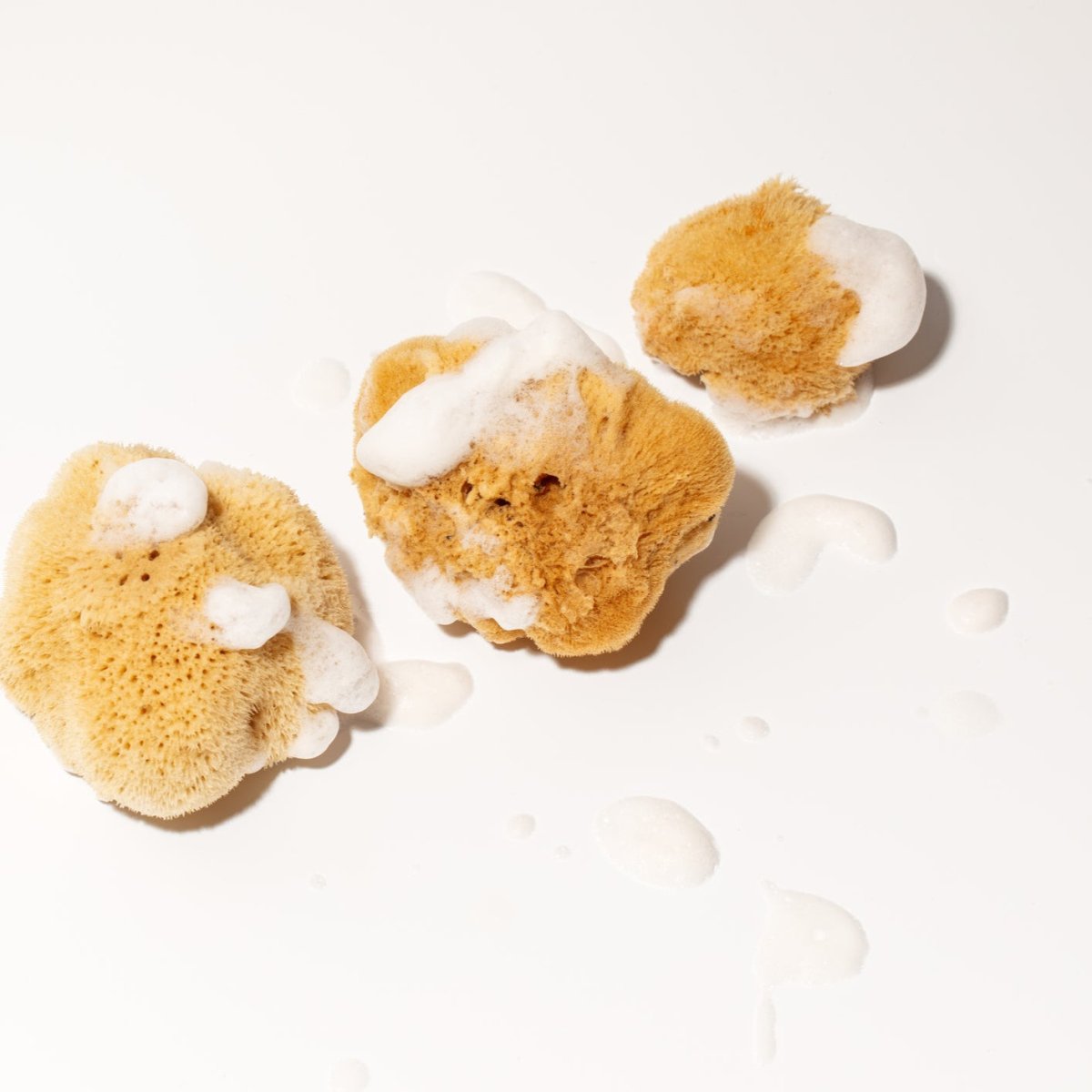
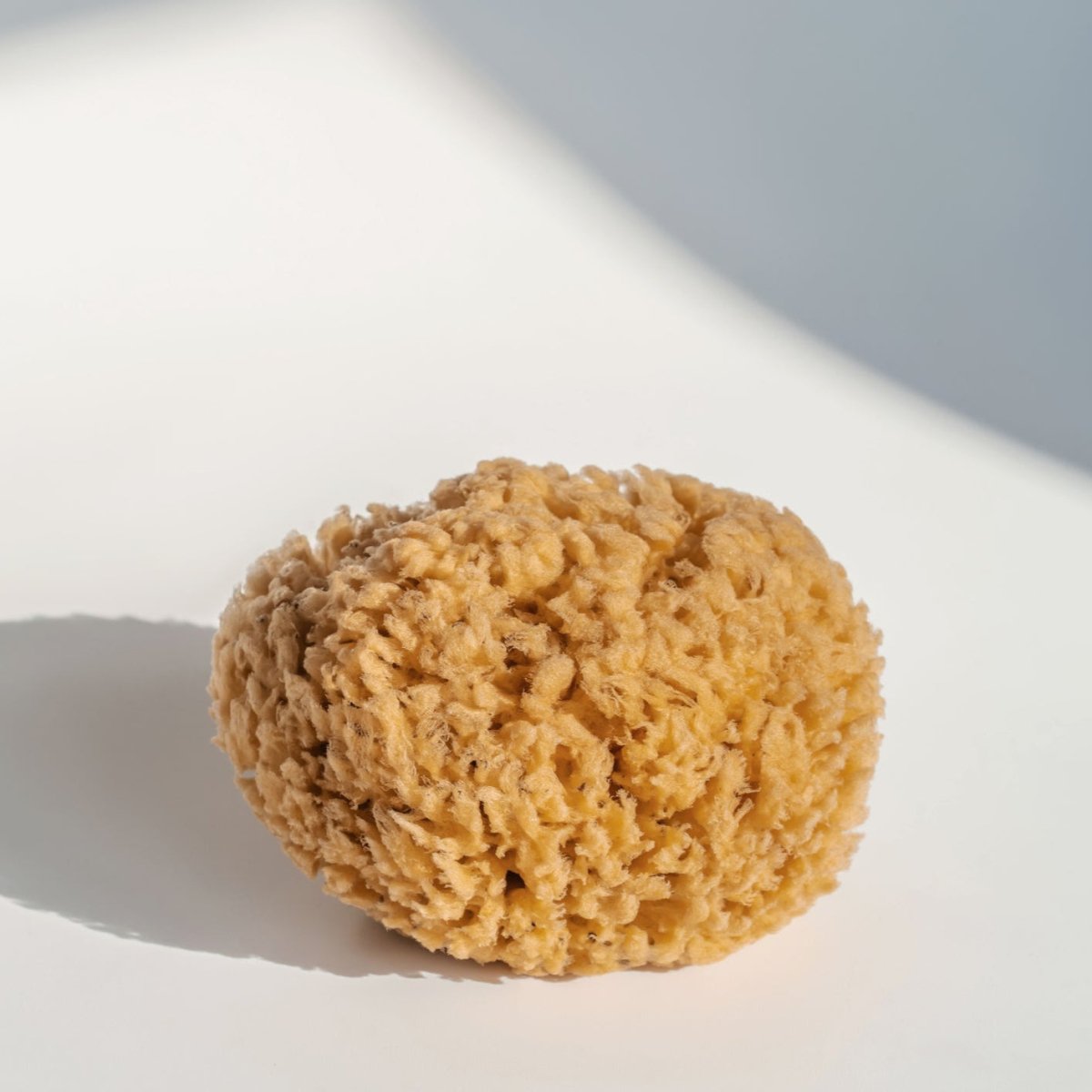



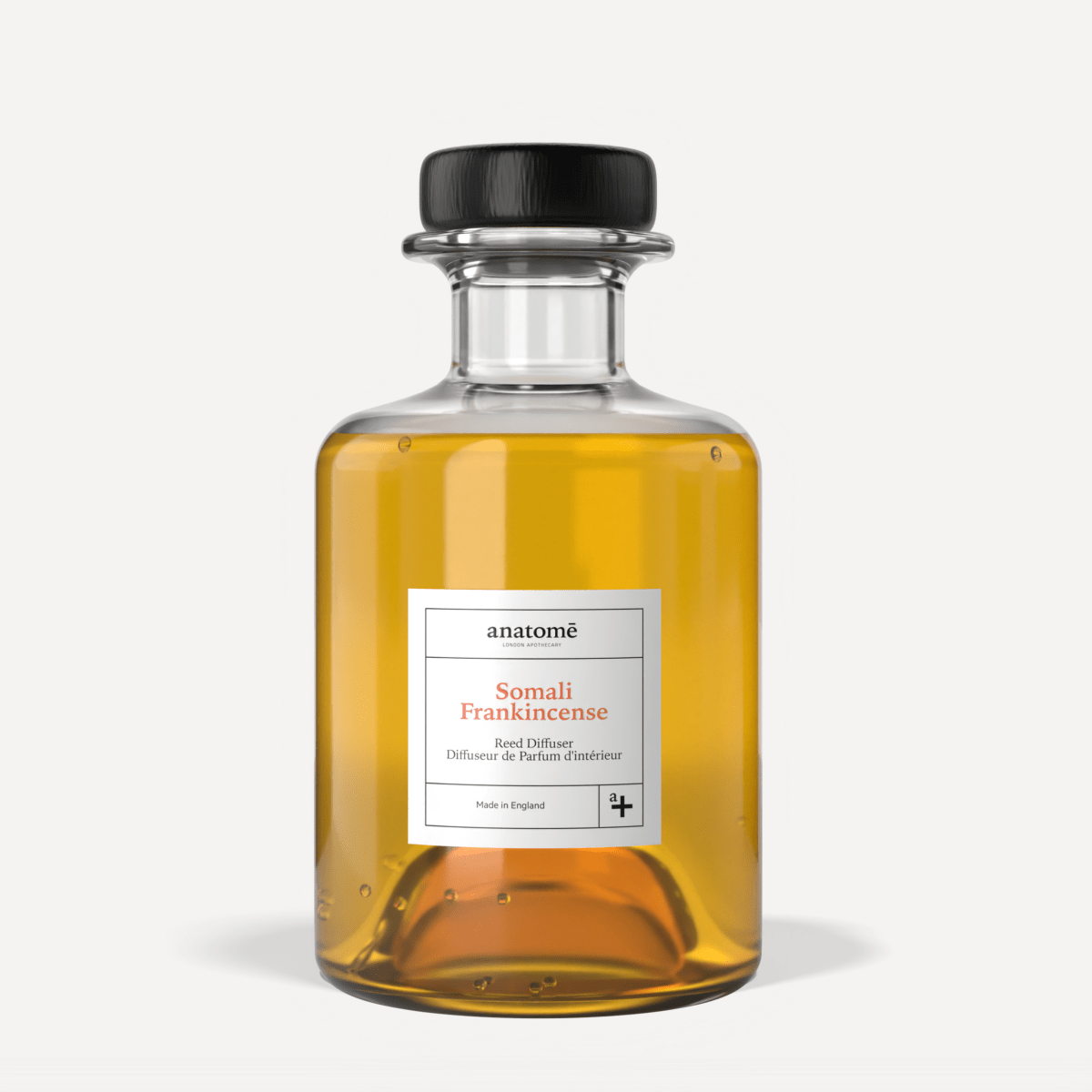
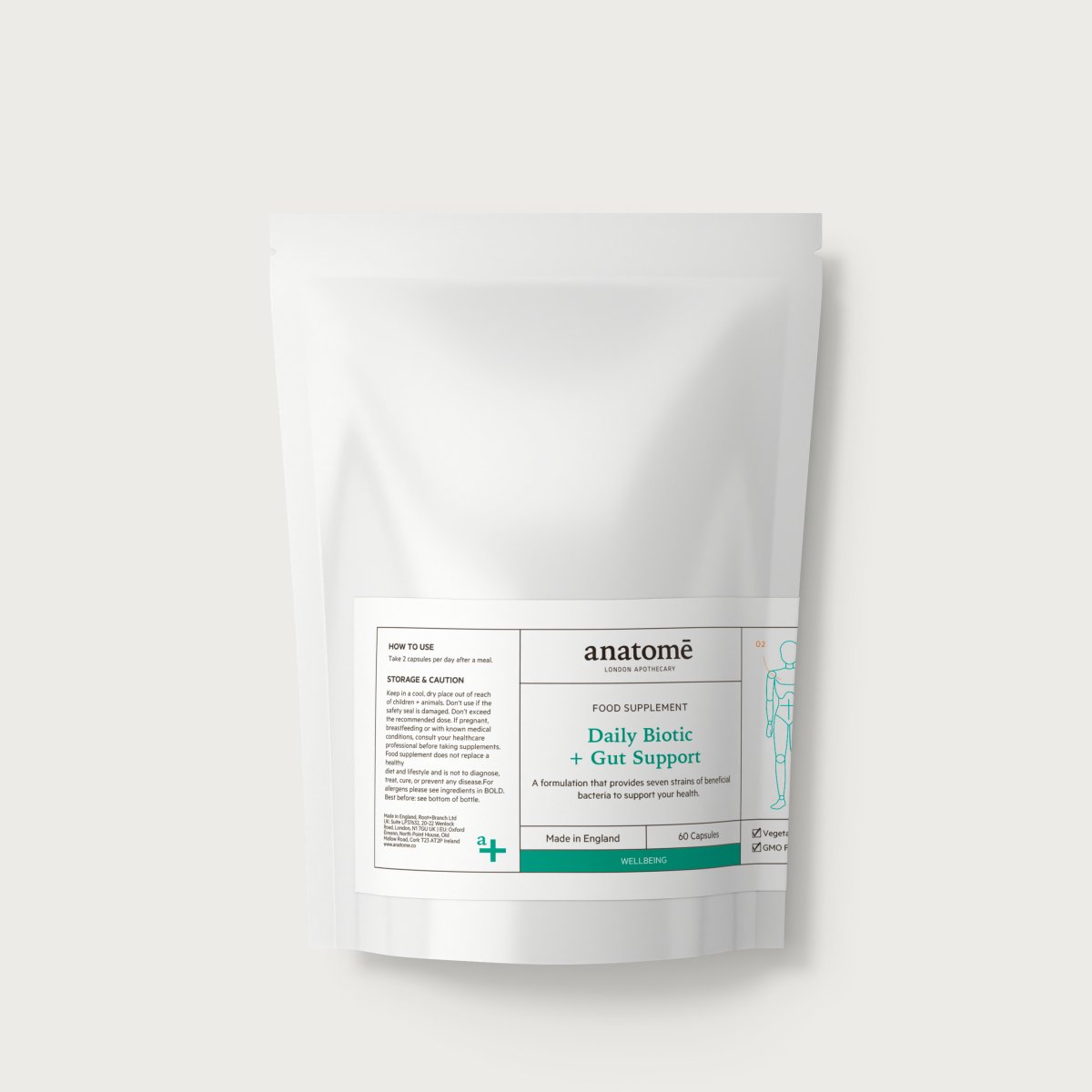
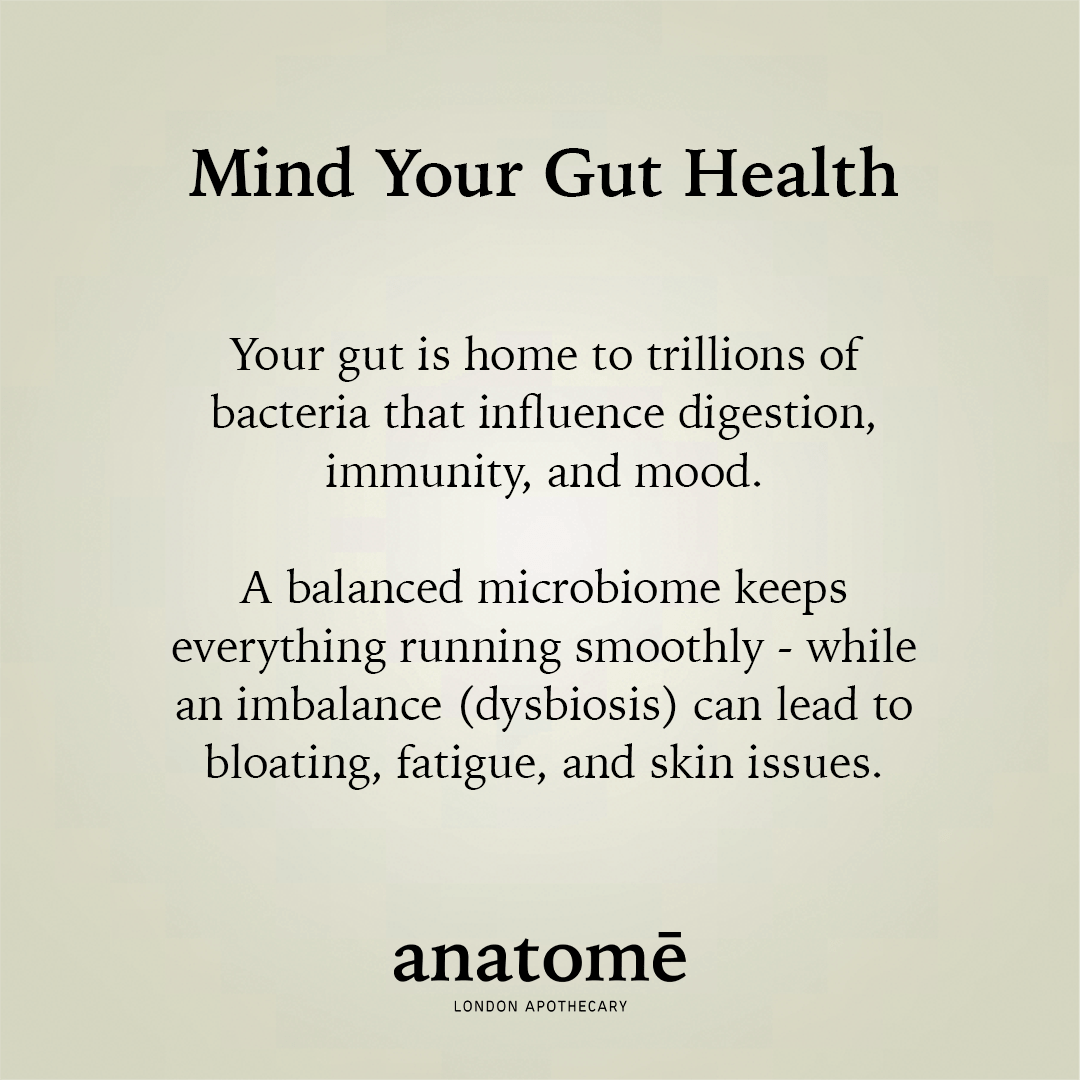
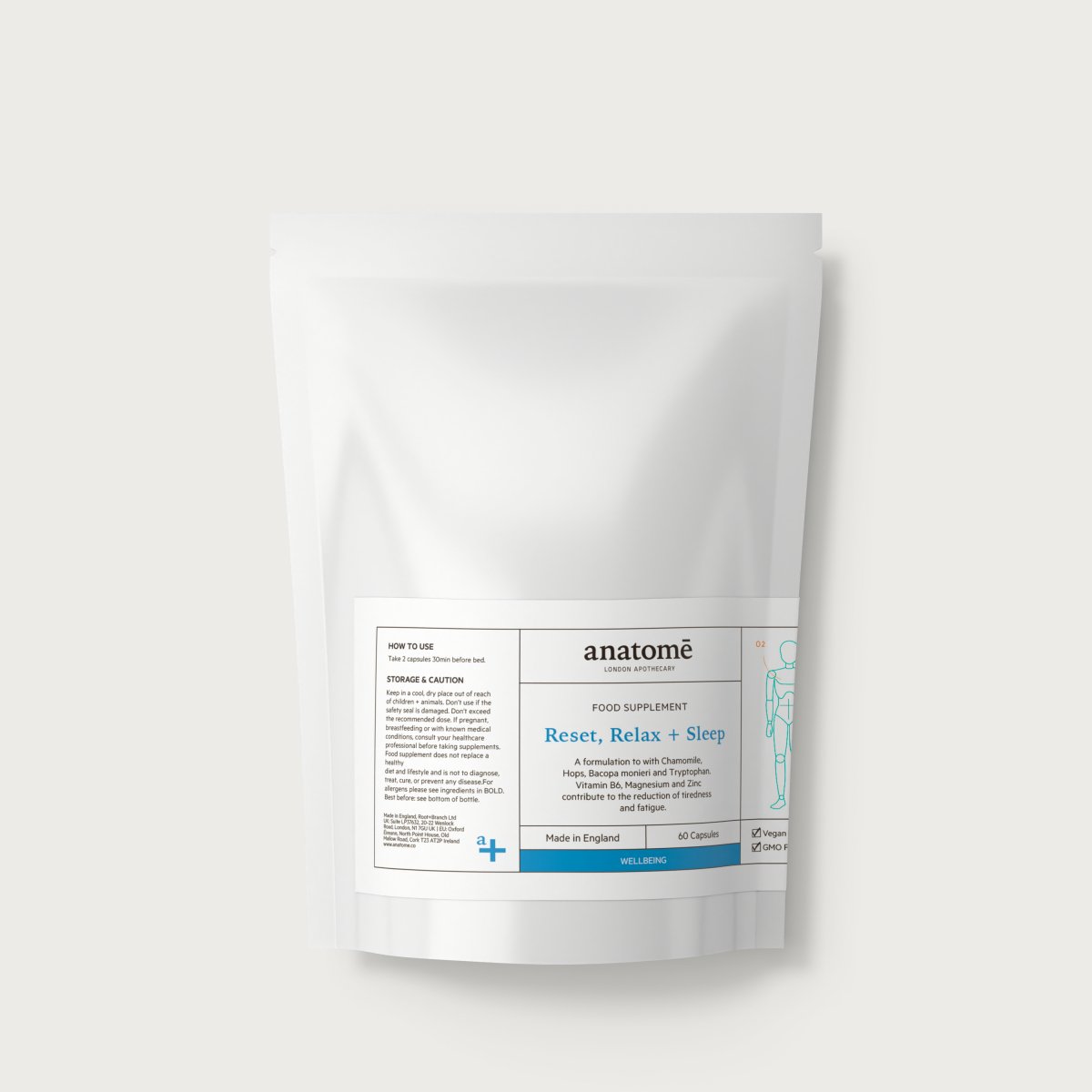










Leave a comment